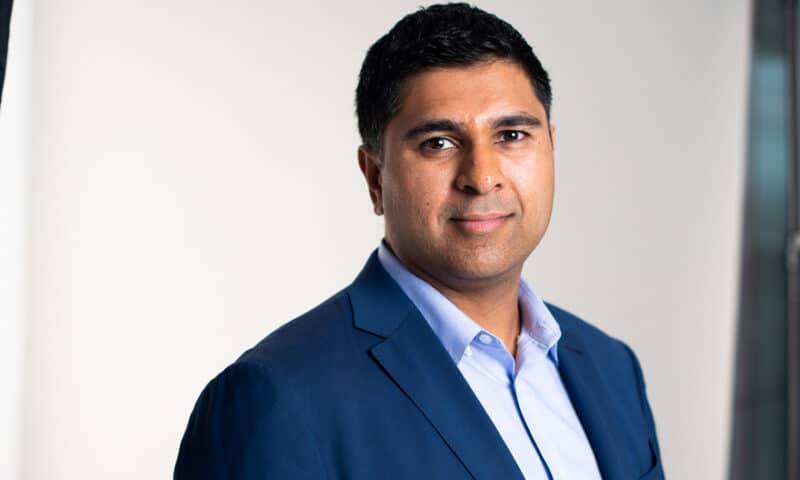AbbVie has teamed up with Frontier Medicines to develop molecules against hard-to-drug targets. The collaborators will use Frontier’s technology for uncovering hidden binding pockets to develop protein degraders and small molecules against oncology and immunology targets.
Frontier, a 2019 Fierce 15 company, is built on a platform designed to spot temporary binding sites that open up when proteins move. The platform could reveal ways to drug targets that have long been recognized as therapeutically important but have remained inaccessible to researchers due to their lack of obvious binding sites.
AbbVie has bought into the idea. The Big Pharma is paying $55 million to enter into a multiyear R&D collaboration with Frontier. AbbVie is also on the hook for up to $45 million in milestones over the next 12 months, plus R&D costs and a package of success-based payments that could top $1 billion.
The commitments have landed AbbVie the chance to work with Frontier in several areas relevant to its target-discovery technology. AbbVie has tasked Frontier with discovering small molecules directed to E3 ligases, the enzymes that drive the ubiquitination and degradation of proteins. That concept is at the heart of the work of biotechs including Arvinas and Kymera Therapeutics.
AbbVie moved into the protein degradation space in 2019 through a pact with Mission Therapeutics in Alzheimer’s and Parkinson’s diseases. The Frontier collaboration opens another front in AbbVie’s work on protein degradation while also giving it a chance to go after oncology and immunology targets.
In disclosing the collaboration, AbbVie said it has selected certain targets that “are considered well validated but to date, inaccessible.” Frontier’s technology could render the targets accessible and, in doing so, position AbbVie to act on validated biology for the first time.
AbbVie and Frontier will collaborate on the research and preclinical aspects of the programs. Once a project passes “defined stages of preclinical development,” AbbVie will take over and handle global development and commercialization. The deal gives Frontier the option to share the costs and work for some oncology programs up to the end of phase 2. AbbVie has an option on additional targets.
The relationship provides external validation to Frontier’s approach. Frontier broke cover last year with a $67 million series A led by Deerfield Management, Droia Oncology Ventures and MPM Capital. Helmed by former Blueprint Medicines CEO Chris Varma and armed with technology developed at the lab of the University of California, Berkeley’s Daniel Nomura, Frontier immediately established itself as a notable name in the expanding pool of biotechs going after “undruggable” targets but lacked a Big Pharma partner.

